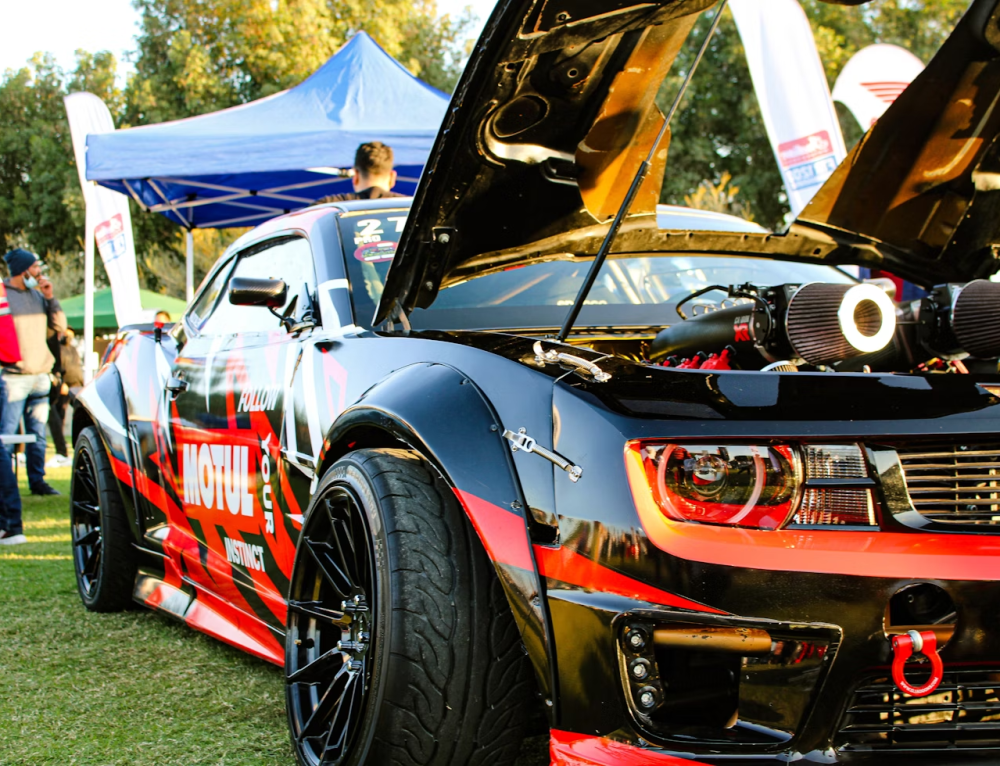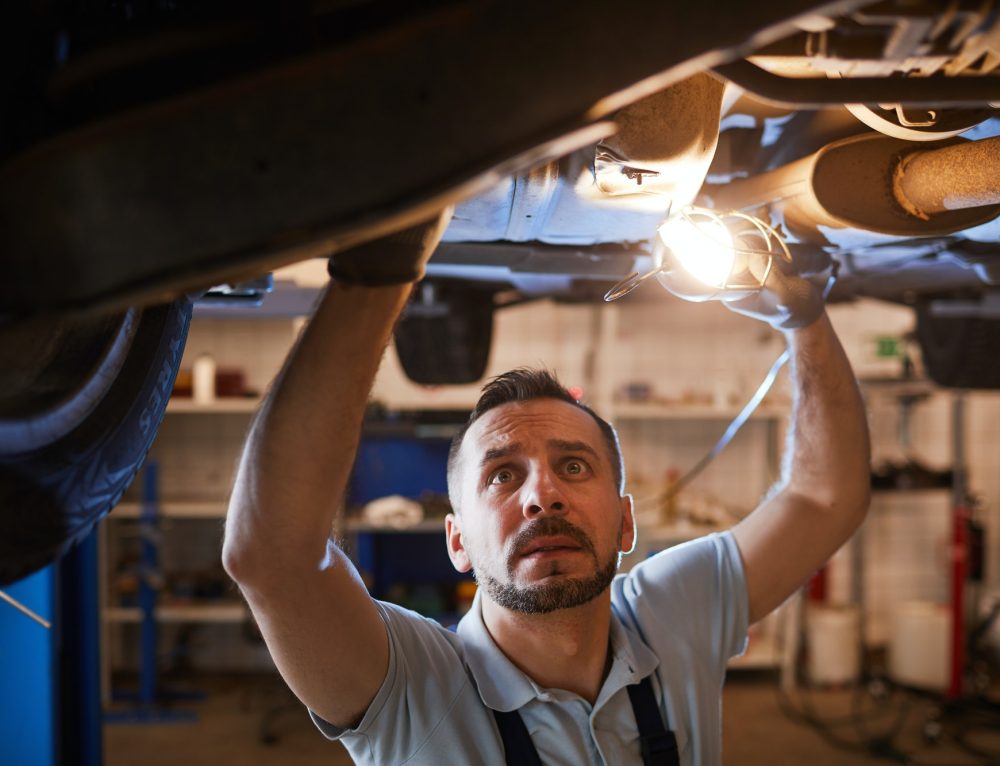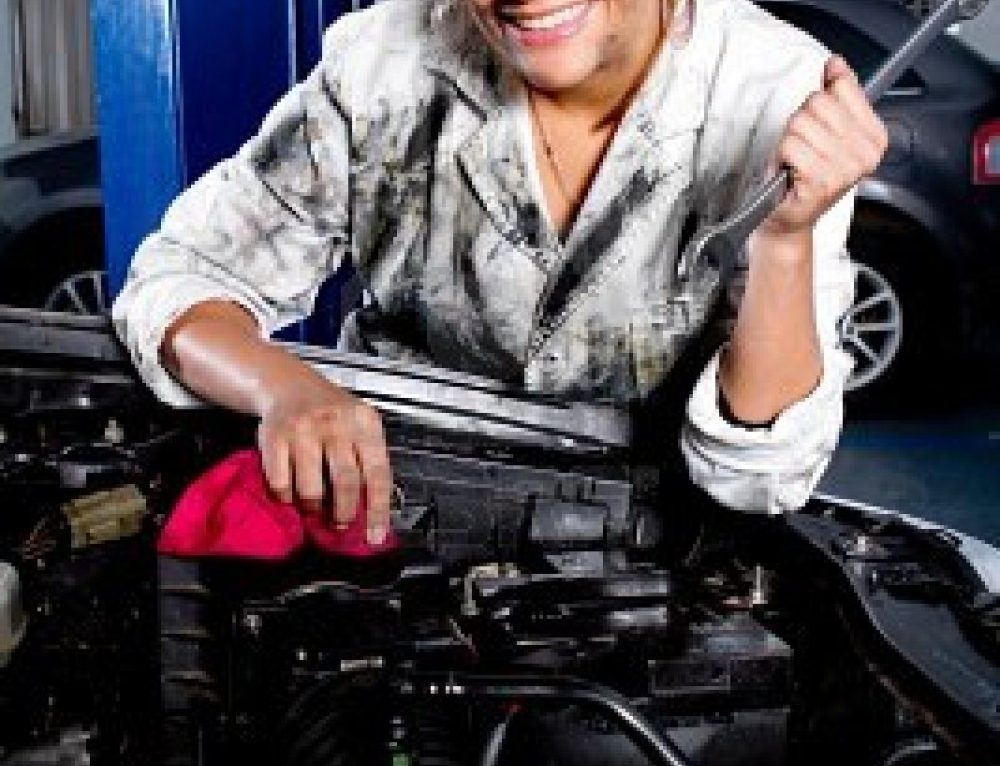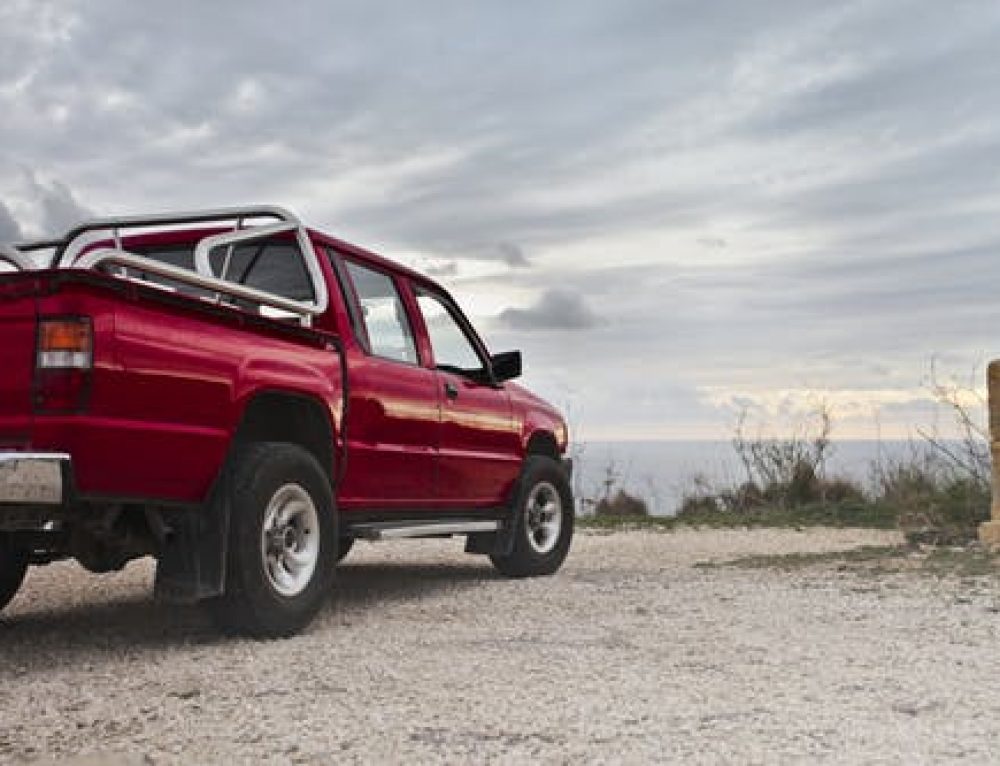What’s causing your diesel engine to overheat
Overheating in a diesel engine is a serious problem that requires immediate attention. Well, overheating in any machinery does. Ignoring the signs that your diesel engine is overheating will cause quick damage to the components of your engine. Diesel engine overheating can result from coolant leaks, a faulty thermostat, or a failing water pump. For your vehicle to be road-worthy again, an observant eye, a keen mind, and even a trip to a mechanic are required.
Knowledge of what will cause your vehicle to overheat is essential in identifying the problem quickly. When your diesel engine overheating, it is likely any of the following issues are at play.
Faulty Cooling Fan
The cooling fan in your vehicle is of absolute importance in maintaining the temperature of your engine. The fan cools the radiator, which in turn cools the water flowing in it. If the fan isn’t functioning, the temperature will rise to dangerous levels, leading to diesel engine overheating. Sometimes, a fault in the electrical circuit will stop the fan from working. Check that all the connections are secure. Other times, the fault may be within the fan, and it may need replacement.
Coolant Leaks
Coolant is circulated through your engine to cool it down when it’s in operation. A loss in coolant means poor cooling and this doesn’t bode well for your vehicle. If you notice coolant leaking from your engine, it may be as a result of cracks in the gasket, which can lead to diesel engine overheating. Your vehicle will need proper examination and repairs from a mechanic.
Corrosive Coolant
Sometimes the problem could arise from the coolant itself. Failure to replace the coolant with manufacturer-approved coolant regularly will cause it to get corrosive. This will corrode the tubes and whatever the coolant comes in contact with. At this point, the coolant doesn’t perform the way it should, leading to diesel engine overheating and potential damage if left unchecked.
Broken Radiator Hose
Water flowing into your radiator may leak if your radiator hose is broken. This loss of water leads to poor cooling and can contribute to diesel engine overheating. You may easily spot this problem, but you’ll need to take your car to a mechanic to replace the hose. Not only will they replace the radiator hose, but they will also check your vehicle to ensure no harm has been done to your cooling system as a result of the broken hose.
Broken/Faulty Thermostat
The thermostat regulates the activities of your cooling system. If the thermostat is broken or faulty, the cooling system will not perform optimally. The cooling system won’t be initiated as it’s supposed to, leading to the build of heat in your engine.
Clogs in Your Diesel Injectors
When clogs are present in your injectors, fuel will not be released at the proper rate and proportion. This causes your engine to work harder to compensate for the inadequacy. And when your engine overworks, it generates more heat—more heat than your cooling system can manage. Consequently, diesel engine overheating becomes a serious issue that can lead to costly repairs if not addressed promptly.
With the right tools, you can solve some of these problems yourself. But if you’re unsure of what to do, take your vehicle to a diesel engine mechanic. They will easily solve these problems and give you some pointers to avoid diesel engine overheating in the future.
Frequently Asked Questions
What causes diesel engine overheating?
Diesel engine overheating can be caused by a faulty cooling fan, coolant leaks, a broken radiator hose, a malfunctioning thermostat, or clogged diesel injectors. Identifying and fixing these issues promptly is crucial to preventing engine damage.
How do I know if my diesel engine is overheating?
Common signs of diesel engine overheating include a rising temperature gauge, steam coming from the engine, a burning smell, or an illuminated warning light on the dashboard. If you notice any of these signs, stop your vehicle and check for issues.
Can low coolant levels lead to diesel engine overheating?
Yes, low coolant levels reduce the cooling system’s ability to regulate engine temperature, leading to diesel engine overheating. Regularly check and refill coolant to maintain proper engine performance.
What should I do if my diesel engine starts overheating?
If you experience diesel engine overheating, pull over immediately, turn off the engine, and allow it to cool. Check coolant levels, radiator hoses, and the cooling fan. If the issue persists, seek professional assistance.
How does a faulty thermostat cause diesel engine overheating?
A faulty thermostat can prevent coolant from circulating properly, causing excessive heat buildup in the engine. If your thermostat is stuck closed, replacing it is necessary to avoid diesel engine overheating.






